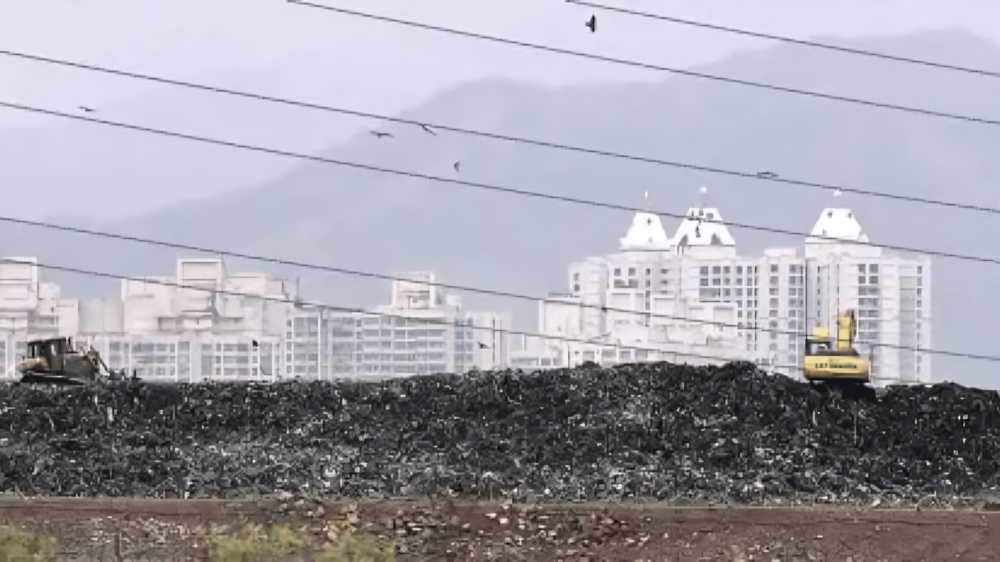Sptember 23, 2025: The Ministry of Housing and Urban Affairs has issued guidelines for the Rs 1 lakh crore Urban Challenge Fund, a flagship scheme aimed at redeveloping abandoned government complexes, repurposing underutilised public land, and incentivising municipal reforms with private sector participation.
Announced by Union Finance Minister Nirmala Sitharaman in her July budget speech, the initiative is being hailed as the next major central assistance programme for urban transformation. Around 300 cities with populations exceeding one lakh will compete for funding under the scheme.
Officials confirmed that cities will be required to propose projects addressing drainage, sanitation, and wider infrastructure concerns, while actively engaging private partners for execution. Proposals that prioritise freeing up prime government-owned land—such as defunct prisons, granaries and other disused public buildings will receive particular attention.
Unlike earlier urban development missions, the Centre will contribute only 25 per cent of project costs. The remaining expenditure must be shared between state governments and private entities. “There will be a strong focus on redeveloping congested neighbourhoods that have mushroomed around abandoned government complexes. These are prime assets that can be monetised and repurposed for the city’s current needs,” a senior official told The Economic Times. The guidelines also outline incentives for retrofitting such spaces, with private developers expected to play a central role.
Highlighting the fund’s vision, Sitharaman said, “The government will set up an Urban Challenge Fund of Rs 1 lakh crore to implement proposals for ‘Cities as Growth Hubs’, ‘Creative Redevelopment of Cities’, and ‘Water and Sanitation’.”
The scheme is expected to reshape India’s urban landscape by encouraging innovation, tapping underused resources, and building partnerships between municipalities and private players, thereby addressing the growing pressures of urbanisation.
Source: The Economic Times
















